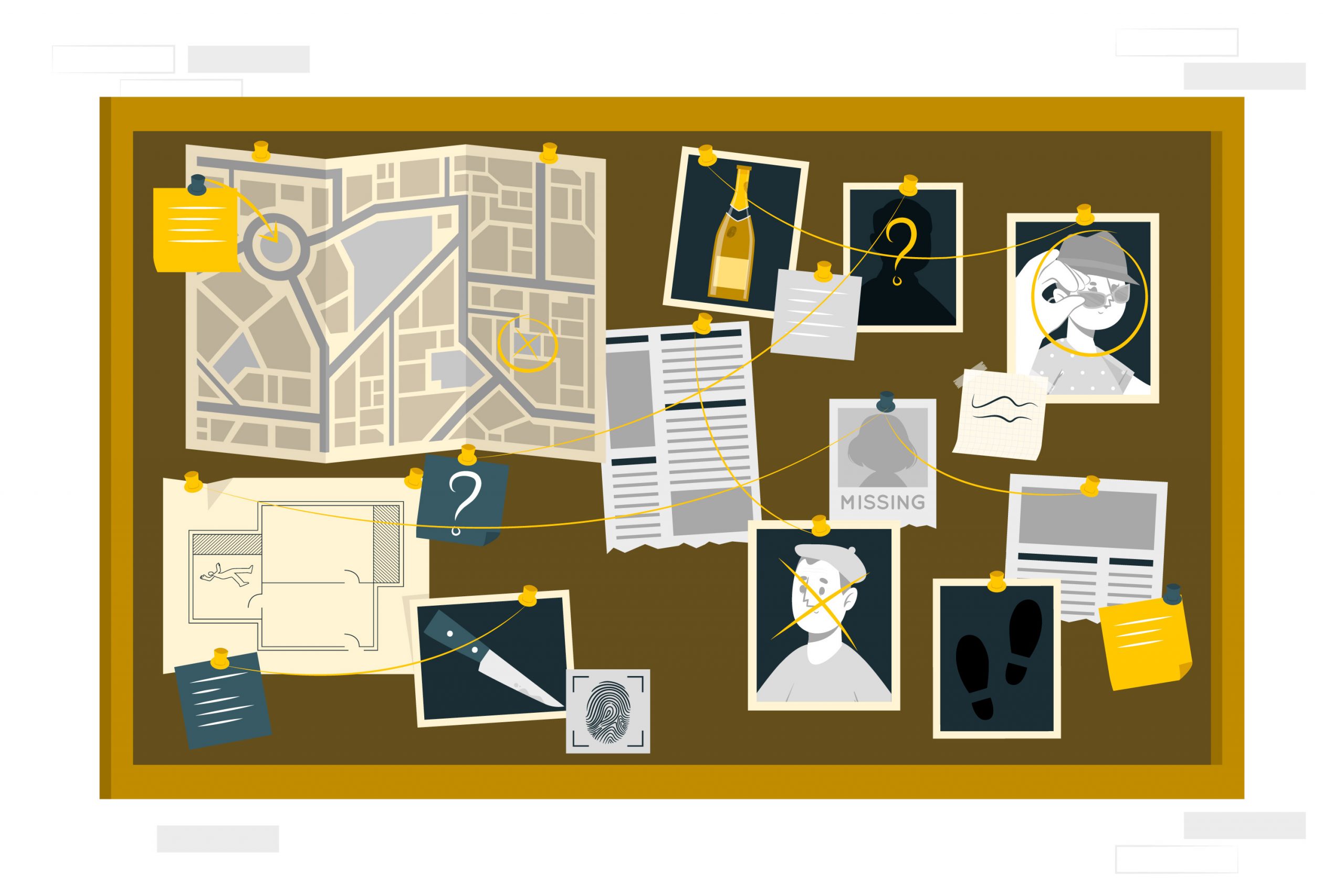Workers who are injured at work may receive compensation through workers comp insurance, but they must file a claim and get approved before they get their benefits. A review process will take place before a decision is made. The board will look over several pieces of evidence when considering a workers comp claim.

This article will discuss the types of evidence that will be considered before a workers comp claim is approved.
Understanding the Burden of Proof Concept in a Workers Comp Claim
Workers filing a workers comp claim must be familiar with the concept of ‘burden of proof’. It means the injured worker must prove all essential facts of their claim. They must provide evidence that shows how their injury happened and the extent of the injury.
Burden of proof is a term that often comes up in criminal cases. When a plaintiff is convicted of a crime, the prosecution must prove they are not guilty beyond a reasonable doubt. The burden of proof is on the attorney, not the plaintiff.
In civil trials, the plaintiff must provide burden of proof.
In a workers comp claim, the burden of proof falls on the worker. However, if the case becomes complicated, the worker may hire an attorney to gather evidence and speak on their behalf.
Workers comp is a no-fault system. So, the worker will need to provide evidence regarding the extent of their injury, but they do not need to show the injury was the fault of their employer. The employer is presumed to be at fault, and it is up to them to show damage did not occur on the job, if applicable.
What Constitutes as Proof in a Workers Comp Claim?
Medical Records

Medical records show the extent of the injury. They establish how the injury has affected the worker’s quality of life and ability to continue working. They show how the worker’s life has changed since the injury occurred.
Medical Bills: The worker will receive medical bills for doctors’ appointments, procedures, home modifications, prescriptions, and other needs. The expenses will be considered in payout calculations.
Witness Testimony and Photographs
Witness testimony and photographs will prove that the employee’s negligence caused the accident. As stated earlier, it is typically assumed that the accident was the fault of the employer. However, this type of evidence must be presented if the employer states otherwise.
Even if an accident occurs at work, it may not be the employer’s fault. For example, a worker may become injured at work if they are intoxicated or engage in dangerous behavior of their own free will.
Proof of Lost Wages
Lost wages are typically part of the workers comp claim. The board will need documentation that shows how much the worker was making, how much time they lost due to the injury, and how their injury will affect future wages.
Some workers will require time off to recover and return to their positions. Others may need to take a different, lower-paying position. Some workers will be unable to return to work at all.
It is not entirely up to the worker to provide proof of lost wages. The employer should have payroll records that tell the board how much the employee was making. However, the worker will need to show medical records that establish their past, present, and future work status.
A Workers Comp Claim Isn’t Always This Complicated
A worker’s comp claim is not always so complicated. In many instances, the employer will acknowledge the accident and approve benefits without requiring proof. This process typically occurs if the injury is not that bad, and the claim is approved quickly.
However, the case will be more extensive if:
- The worker is dealing with an illness: A work-related illness can be harder to prove. It is also an ongoing condition that may require long-term benefits. The review process will be more extensive.
- The injury is serious: Serious injuries will also require long-term benefits that may be established with evidence.
- There are disagreements in the claim: If the employer says the injury was not their fault or tries to say the injury is not as bad as the worker claims, a hearing may be necessary. Both parties must present evidence to prove their claim.
- The claim is denied: If a worker’s comp claim is denied, the employee may request a hearing to appeal the decision. They will need to show evidence to prove they are eligible for benefits.
How to Gather Evidence

The worker’s comp claims board has guidelines regarding what constitutes ‘substantial evidence’. Workers seeking benefits must follow these guidelines. They should also:
- Gather all evidence into a file with notes detailing each piece. This process ensures that the courts will have all the information they need to make a fair decision.
- Employees should review their files carefully to ensure there are no missing details or inaccuracies that can lead to a denial. They should also keep copies of their documents, so they have them on hand if further review is required.
- Consider consulting a workers comp specialist. A specialist will help you gather evidence. They will ensure it follows court guidelines. They will provide notes and backup copies to cover your bases.
A workers comp claim can get complicated. Employees who are familiar with the burden of proof guidelines will have the best chances of getting a fair settlement. We wish you luck getting your claim handled successfully.
